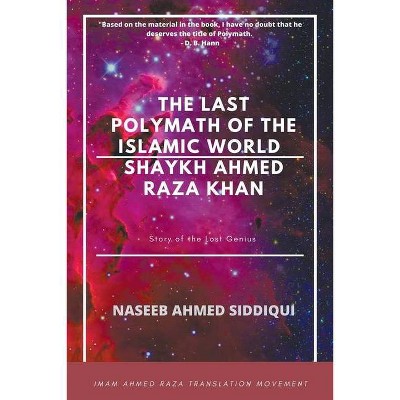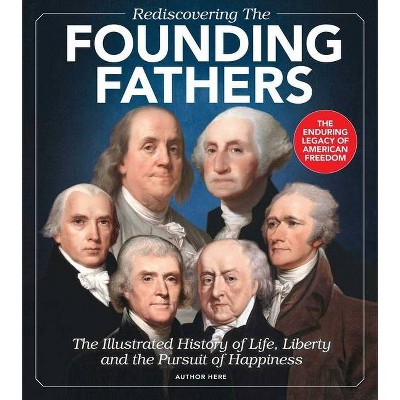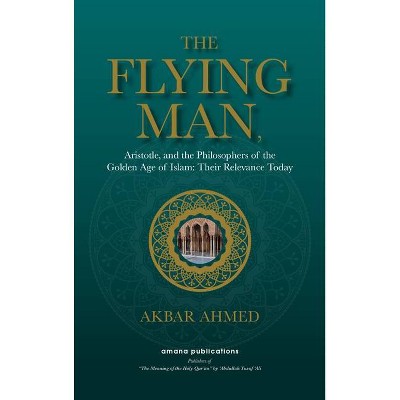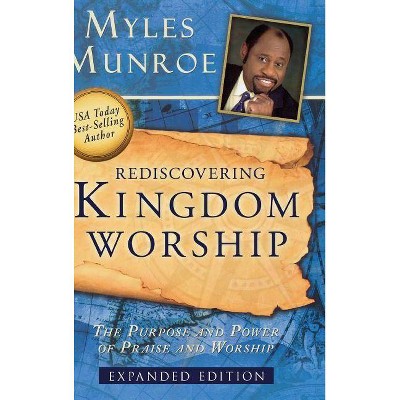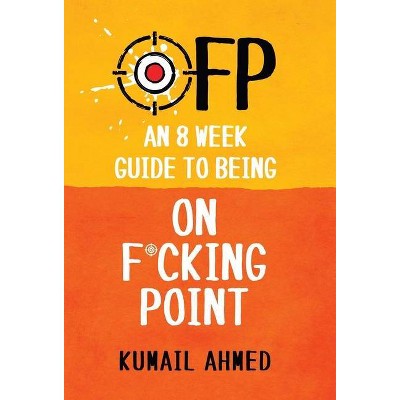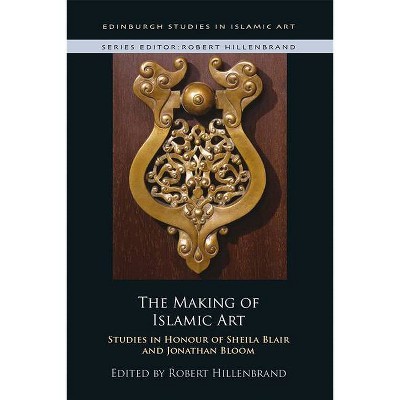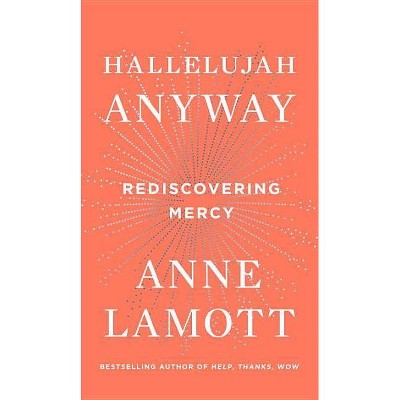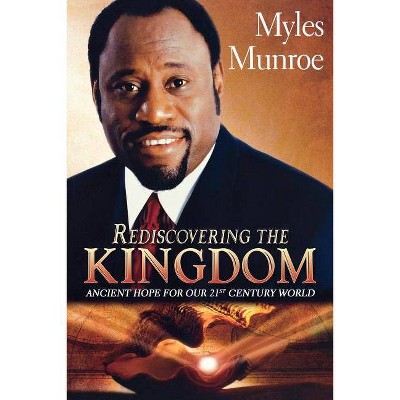Rediscovering the Islamic Classics - by Ahmed El Shamsy (Hardcover)
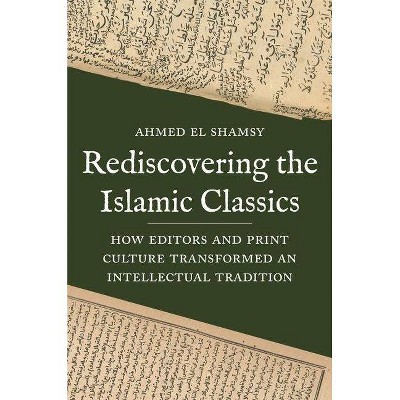
Similar Products
Products of same category from the store
AllProduct info
<p/><br></br><p><b> About the Book </b></p></br></br>"Historians have traced the traditions of Islamic scholarship back to late antiquity. Muslim scholars were at work as early as 750 CE/ AD, painstakingly copying their commentaries and legal opinions onto scrolls and codices. This venerable tradition embraced the modern printing press relatively late-movable type was adopted in the Middle East only in the early nineteenth century. Islamic scholars, however, initially kept their distance from the new technology, and it was not until the end of the nineteenth century that the first published editions of works of classical religious scholarship began to appear in print. As the culture of print took root, both popular and scholarly understandings of the Islamic tradition shifted. Particular religious works were soon read precisely because they were available in printed, published editions. Other equally erudite works still in scroll and manuscript form, by contrast, languished in the obscurity of manuscript repositories. The people who selected, edited, and published the new print books on and about Islam exerted a huge influence on the resulting literary tradition. These unheralded editors determined, essentially, what came to be understood by the early twentieth century as the classical written "canon" of Islamic thought. Collectively, this relatively small group of editors who brought Islamic literature into print crucially shaped how Muslim intellectuals, the Muslim public, and various Islamist movements understood the Islamic intellectual tradition. In this book Ahmed El Shamsy recounts this sea change, focusing on the Islamic literary culture of Cairo, a hot spot of the infant publishing industry, from the late nineteenth and twentieth centuries. As El Shamsy argues, the aforementioned editors included some of the greatest minds in the Muslim world and shared an ambitious intellectual agenda of revival, reform, and identity formation. This book tells the stories of the most consequential of these editors as well as their relations and intellectual exchanges with the European orientalists who also contributed to the new Islamic print culture"--<p/><br></br><p><b> Book Synopsis </b></p></br></br><p><b>The story of how Arab editors of the late nineteenth and early twentieth centuries revolutionized Islamic literature</b> <p/>Islamic book culture dates back to late antiquity, when Muslim scholars began to write down their doctrines on parchment, papyrus, and paper and then to compose increasingly elaborate analyses of, and commentaries on, these ideas. Movable type was adopted in the Middle East only in the early nineteenth century, and it wasn't until the second half of the century that the first works of classical Islamic religious scholarship were printed there. But from that moment on, Ahmed El Shamsy reveals, the technology of print transformed Islamic scholarship and Arabic literature. <p/>In the first wide-ranging account of the effects of print and the publishing industry on Islamic scholarship, El Shamsy tells the fascinating story of how a small group of editors and intellectuals brought forgotten works of Islamic literature into print and defined what became the classical canon of Islamic thought. Through the lens of the literary culture of nineteenth- and twentieth-century Arab cities--especially Cairo, a hot spot of the nascent publishing business--he explores the contributions of these individuals, who included some of the most important thinkers of the time. Through their efforts to find and publish classical literature, El Shamsy shows, many nearly lost works were recovered, disseminated, and harnessed for agendas of linguistic, ethical, and religious reform. <p/>Bringing to light the agents and events of the Islamic print revolution, <i>Rediscovering the Islamic Classics </i>is an absorbing examination of the central role printing and its advocates played in the intellectual history of the modern Arab world.</p><p/><br></br><p><b> Review Quotes </b></p></br></br><br>Shortlisted for the British-Kuwait Friendship Society Book Prize in Middle Eastern Studies<br><br><p>Ahmed El Shamsy's Rediscovering the Islamic Classics is one of the most important<br>books that have been published in Islamic studies in recent years. It skillfully<br>and convincingly tells the story of how the printing press transformed<br>access to 'Islamic classics' in the nineteenth and first third of the twentieth<br>centuries; and in doing so, it fundamentally reshapes our perspective on virtually<br>any field of Islamic scholarship.</p><b>---Johanna Pink, <i>Die Welt des Islams</i></b><br><br>Not only a story of how Islamic classics were rediscovered, but also a story that invites us to rethink these Islamic classics and the canonizing forces (read: real people) that have shaped them and continue to do so. This story had to be told, and El Shamsy has done so in a most lucid yet entertaining way. . . . I can only recommend everyone to expose him- or herself to it.<b>---Kristof D'hulster, <i>Global Literary Theory</i></b><br><br><i>Rediscovering the Islamic Classics</i> . . . contains fascinating insights, which anyone with even a vague interest in Islam's intellectual history will enjoy.<b>---Usman Butt, <i>Middle East Monitor</i></b><br><p/><br></br><p><b> About the Author </b></p></br></br><b>Ahmed El Shamsy</b> is associate professor of Islamic thought at the University of Chicago and the author of <i>The Canonization of Islamic Law: A Social and Intellectual History</i>.
Price History
Cheapest price in the interval: 29.99 on October 23, 2021
Most expensive price in the interval: 29.99 on November 8, 2021
Price Archive shows prices from various stores, lets you see history and find the cheapest. There is no actual sale on the website. For all support, inquiry and suggestion messages communication@pricearchive.us
